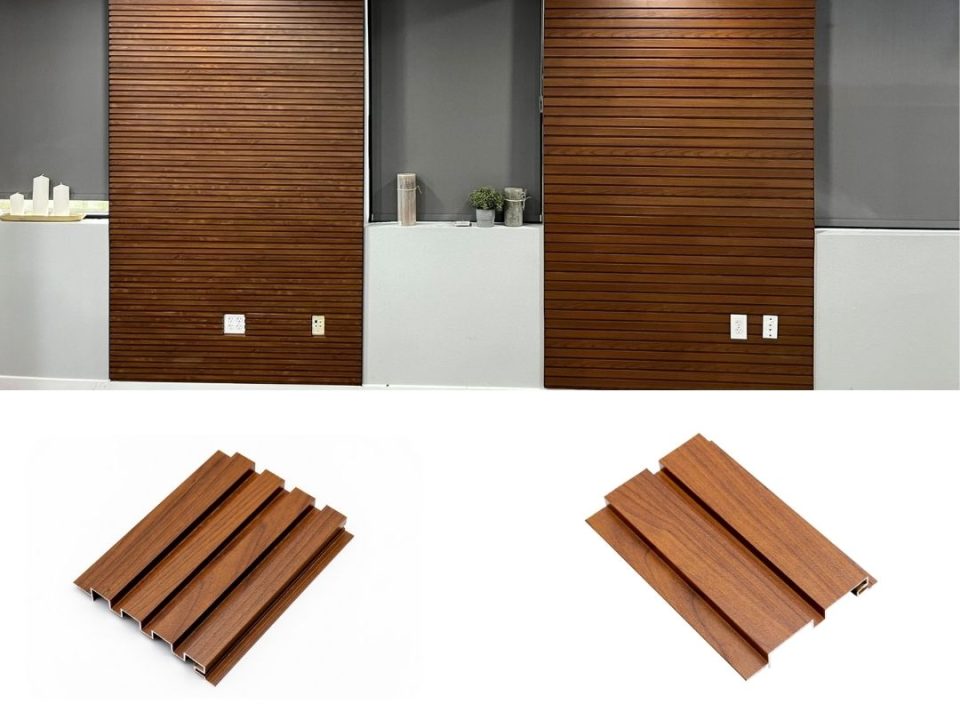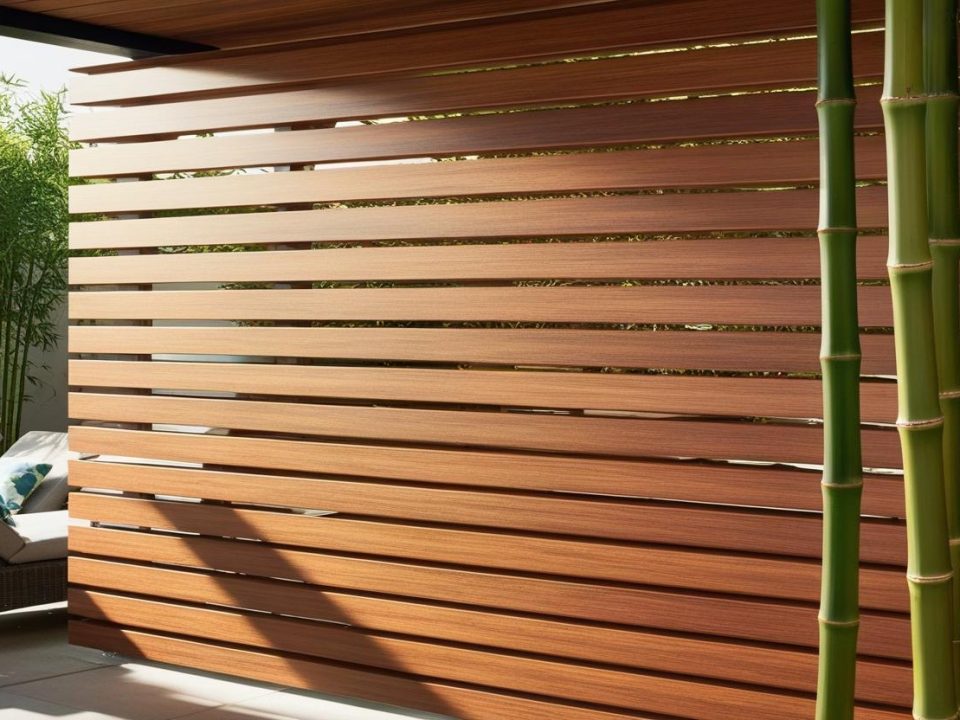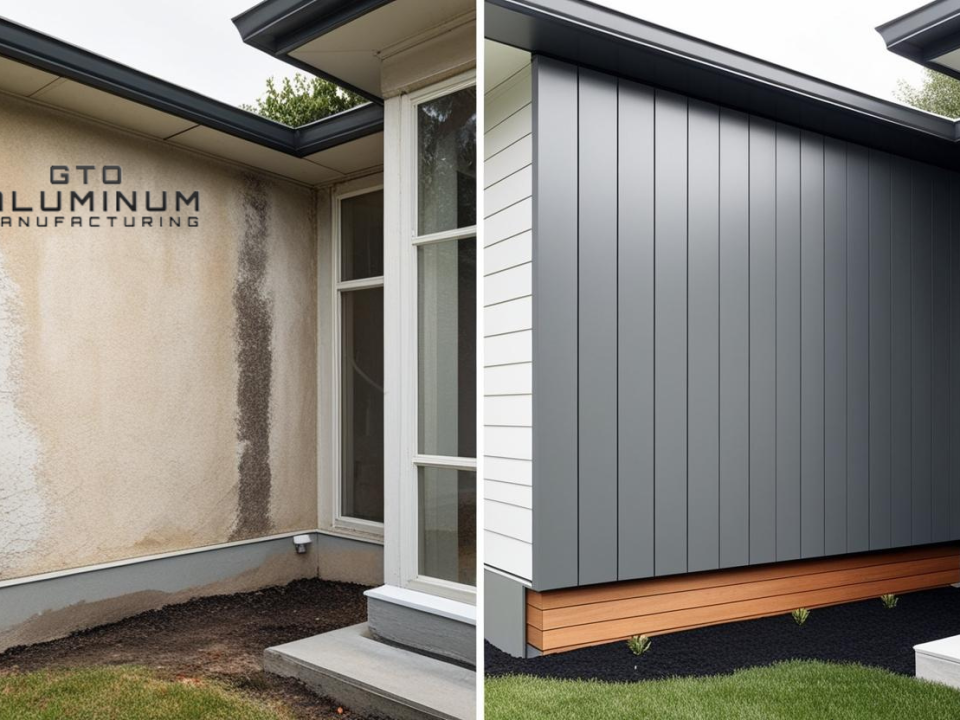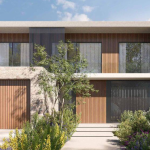
The Impact of Color Choices on Aluminum Cladding and Building Design
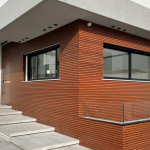
Comparative Analysis: Anodized vs. Powder Coated Aluminum Cladding

In today’s fast-paced world, the ability to reduce noise pollution and enhance sound insulation is more critical than ever.
Aluminum cladding, a popular choice for modern facades, plays a significant role in this area.
Let’s explore how this versatile material contributes to quieter, more serene building environments.
Introduction
Sound insulation in buildings is designed to reduce noise transmission through walls, ceilings, and floors.
In urban environments especially, effective sound insulation is essential for creating comfortable living and working spaces.
Materials and construction techniques are carefully selected to minimize the intrusion of external noises such as traffic, construction, and urban hustle.
Aluminum cladding, beyond its aesthetic and protective functions, plays a pivotal role in soundproofing buildings.
By understanding the basics, we can appreciate how aluminum cladding contributes to a more peaceful indoor environment.
The Basics of Aluminum Cladding
Aluminum cladding refers to the use of aluminum panels as an external layer for buildings.
Known for its durability, lightweight nature, and flexibility in design, aluminum cladding is a favorite among architects and builders.
It not only protects buildings from the elements but also offers a modern and sleek aesthetic.
But aluminum cladding’s benefits extend beyond just visual appeal and weather resistance.
When incorporated with insulation materials, it becomes a potent soundproofing material, contributing to the overall sound insulation of a structure.
How Aluminum Cladding Contributes to Sound Insulation
Aluminum cladding can significantly enhance a building’s sound insulation when combined with sound-absorbing materials.
The cladding serves as the first barrier against external noise, reflecting some sound waves and reducing the vibration transmitted to the building’s structure.
When paired with insulation cladding materials that absorb and block sound, the aluminum cladding system becomes an effective shield against unwanted noise, creating a quieter interior space.
This layered approach is key to maximizing the soundproofing effectiveness of exterior walls.
Types of Sound Insulating Materials Used with Aluminum Cladding
The effectiveness of aluminum cladding in sound insulation largely depends on the underlying materials.
Sound-absorbing insulation such as mineral wool, fiberglass, or foam panels are commonly used in conjunction with aluminum cladding panels to enhance soundproofing.
Each material has its unique properties for absorbing, dampening, or blocking sound.
The choice of insulation should be based on the specific soundproofing needs of the building and the nature of the external noise.
The Role of Installation Techniques in Sound Insulation
Proper installation is crucial for maximizing the soundproofing capabilities of aluminum cladding systems.
Techniques such as double-skin facades, where an air gap between two layers of cladding provides additional insulation, can be particularly effective.
Sealing all joints and ensuring there are no gaps in the cladding or insulation layers are also vital steps to prevent sound leaks, further enhancing the soundproofing performance of the cladding system.
Design Considerations for Optimal Sound Insulation
Architects and designers can optimize the sound insulation of aluminum cladding by considering factors such as the thickness of the cladding panels, the type of insulation material used, and the overall design of the facade.
Strategic placement of soundproofing materials, attention to detail in areas prone to sound leaks, and the incorporation of absorptive surfaces can all contribute to a quieter interior.
Moreover, the aesthetic flexibility of aluminum cladding allows for design innovation without compromising sound insulation effectiveness, enabling architects to create buildings that are both visually striking and acoustically comfortable.
Environmental Benefits and Sustainability
Aluminum cladding with soundproofing features not only improves the comfort of building occupants but also contributes to environmental sustainability.
By reducing noise pollution and enhancing the acoustic environment, these systems contribute to a healthier urban environment.
Additionally, many aluminum cladding and insulation materials are recyclable, aligning with green building practices and reducing the overall environmental impact of construction projects.
Comparing Aluminum Cladding with Other Soundproofing Materials
When compared to other soundproofing materials, aluminum cladding stands out for its durability, low maintenance, and ease of installation.
While materials like brick and concrete also offer sound insulation, they lack the lightweight and versatile nature of aluminum cladding.
Understanding the advantages and limitations of different soundproofing materials can help decision-makers choose the right solution for their specific needs, balancing factors such as cost, performance, and aesthetic preferences.
Conclusion
In conclusion, aluminum cladding plays a crucial role in enhancing the sound insulation of buildings, providing a peaceful and comfortable environment for occupants.
Its combination of aesthetic appeal, durability, and soundproofing capabilities makes it an excellent choice for modern construction projects.
At GTO Aluminum, we specialize in providing high-quality aluminum cladding solutions tailored to meet your specific sound insulation requirements.
Our team of experts is here to assist you in selecting the right materials and designs to achieve the best acoustic performance for your building.
Whether you’re looking to mitigate urban noise or create a serene living space, GTO Aluminum has the expertise and products to help you achieve your goals.
Contact us today to learn more about how our aluminum cladding solutions can contribute to a quieter, more comfortable building environment.
Let GTO Aluminum be your partner in transforming your architectural visions into reality, with the added benefit of superior sound insulation.


